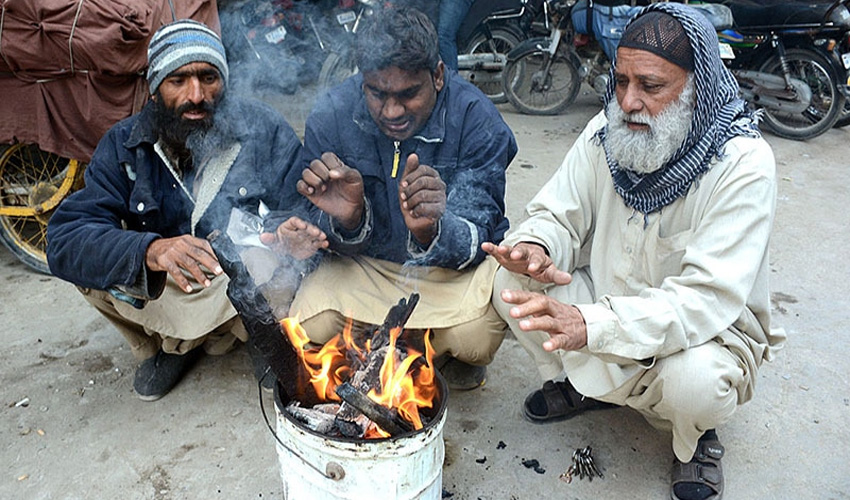Around 50 migrants, including 44 Pakistanis, have reportedly lost their lives after a makeshift boat attempting to reach Spain from West Africa capsized off the coast of Morocco, authorities have confirmed.
The vessel, carrying approximately 86 people, including 66 Pakistanis, departed Mauritania on January 2. It was heading towards Spain but met with tragedy after spending 13 days at sea.
The tragedy occurred last week, but Mali’s Ministry of Malians Abroad confirmed the incident on Thursday, claiming only 11 survivors were rescued. It stated that a crisis unit has been established to support affected families. This is just one of the many recent incidents highlighting the dangers of migration along the Atlantic route, one of the world’s deadliest migration pathways.
However, Reuters news agency reports that 36 people were rescued from the sinking boat, with 50 feared dead.
Deadly crossing
The Atlantic route, which stretches from West Africa to Spain’s Canary Islands, has claimed over 10,457 lives in 2024 alone, according to Spanish human rights group Caminando Fronteras. This averages 30 deaths daily.
Many of these migrants are fleeing poverty, political instability, and conflict in their home countries. Morocco is just 14 kilometres from Spain. The political and economic instability in Pakistan has driven many to take similar risks.
Neglected alerts
Walking Borders, a Spanish rights group, reported that as many as 50 migrants may have drowned. He revealed that it had alerted authorities six days prior to the boat’s disappearance. However, Spain’s maritime rescue service reportedly did not have information about the vessel.
On social media platform X, Helena Maleno, CEO of Walking Borders, claimed 44 of those who drowned were from Pakistan, lamenting the lack of prompt action. “They spent 13 days of anguish on the crossing without anyone coming to rescue them,” she added.
The tragedy has prompted renewed calls for urgent measures to address the humanitarian crisis. Fernando Clavijo, regional leader of the Canary Islands, expressed sorrow for the victims, urging Spain and Europe to take action.
"The Atlantic cannot continue to be the graveyard of Africa," Clavijo wrote on X. "They cannot continue to turn their backs on this humanitarian drama."


























